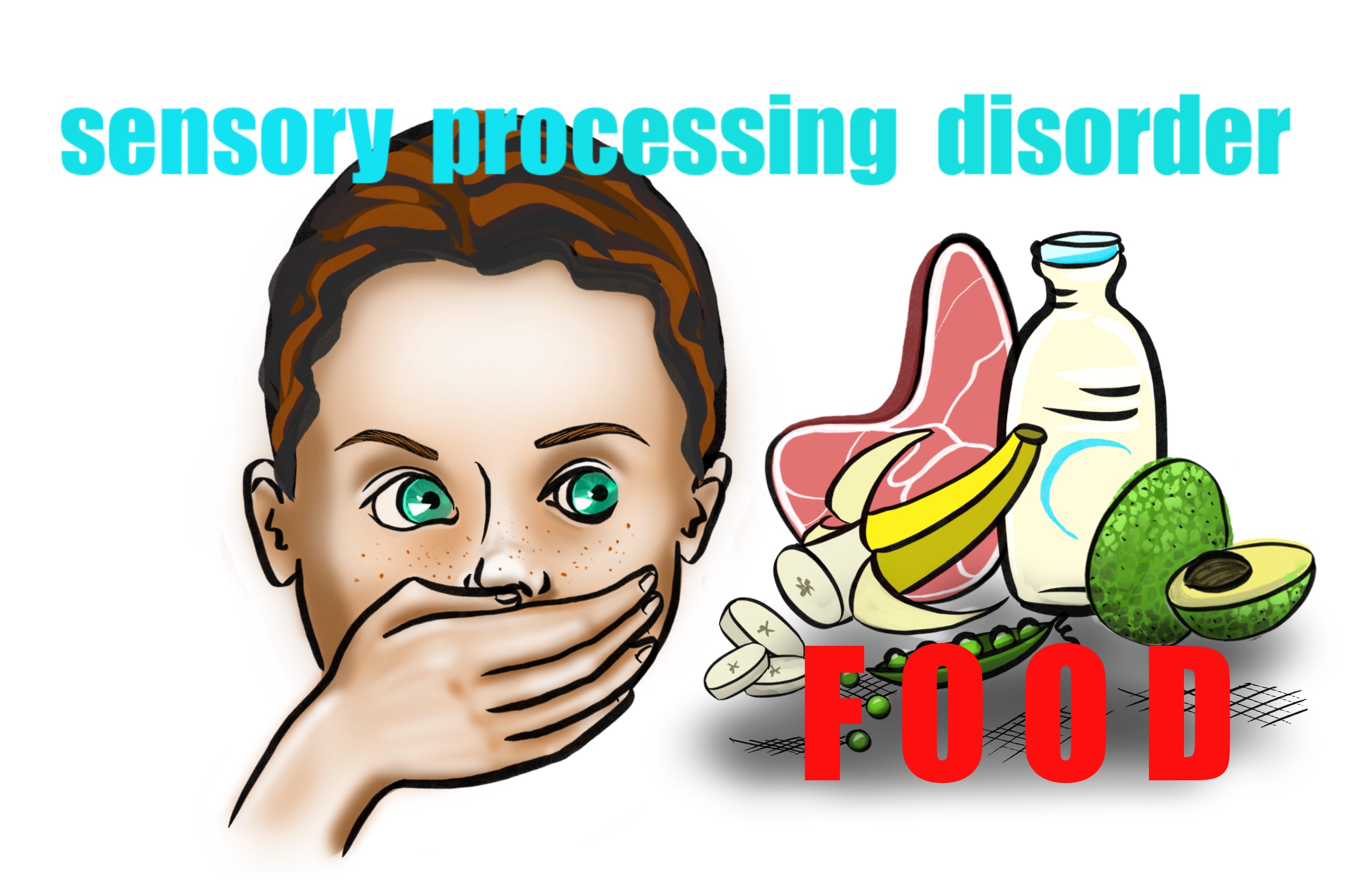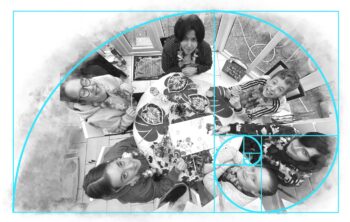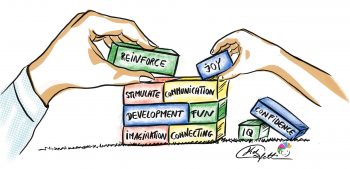When a special needs child comes into a family, everything changes. The family dynamic, values, and routines all undergo a transformation. The parents’ focus and attention shift entirely to the baby, especially the mother, whose most crucial job is to help the child adapt to this new situation. However, let us not forget the crucial role that dads play in these families. They too have a part to play, and their role is often undervalued and under-appreciated.
The Overwhelming Responsibility of Caring for a Special Needs Child
The arrival of a special needs child is an incredibly overwhelming experience for parents. The endless questions, unknown future, and everyday struggles to help their child takes a toll on parents emotionally, and they must cope with this change in their lives. The mum is usually completely absorbed in the everyday life of caring for the child, and this can go on for years. Special needs children often have needs at night or suffer from sleep disorders, making it difficult for parents to get proper rest. Additionally, mums are responsible for managing their child’s behavior issues, sensory issues, physical needs, speech delays, cognitive delays, and aligning social interactions between siblings, making it a daunting task.
The Love that Powers Our Commitment
Despite the challenges, parents of special needs children possess superhuman abilities to love and care for their children. They derive enormous strength from their love for their children, who are their source of determination and commitment. Every smile, hug, and “mum, I need you” strengthens the bond between parent and child, reminding them of their child’s vulnerability and the importance of providing the best possible care every day.
The Dad’s Point of View
Let’s shift our attention to the dad’s point of view. No matter what happens, dads need to make ends meet and take care of the family. They, too, need to be strong all the time, but the feedback they receive from their children is limited. Special needs children often gravitate towards one parent, usually the mum, leaving dad feeling isolated and undervalued. The bond between mother and child grows stronger over time, while dads often feel left out, hopeless, and powerless.
Unique Challenges Faced by Dads
Men face unique challenges when it comes to coping with having a special needs child. Many men are socialized to believe that they should be the providers and protectors of their family, making it difficult for them to accept the idea of having a child with special needs. Additionally, men may feel a sense of isolation, as they may not have the same level of social support as women. They may also struggle with expressing their emotions and seeking help, which can lead to feelings of anger, depression, or anxiety. Furthermore, men may find it harder to balance the demands of work and home life, which can exacerbate stress and cause strain on their relationships with their partners and children.
Dads often feel powerless and diminished despite working hard and giving their all, due to insufficient feedback. In certain situations, they may feel isolated and hopeless, knowing that no one is to blame. They must accept that their wife may divert all attention, care, and love from them to their special needs child. Moreover, men and women deal with emotionally challenging situations differently. Studies have shown that men often face unique challenges in coping with a special needs child..
Balancing work and home life may exacerbate stress and strain relationships with partners and children.
The Importance of Supporting Dads
Before starting the day, it’s essential to consider these challenges and remember that life is short. While our big mission is to care for our special needs child, our mission is also to keep our man happy. Men may not express their efforts or worries, but they care and worry the same as we do. Let’s empower dads by reminding them that they are equally important players in this game. They provide protection, love, and fun, and without them, the game would not exist. Let’s make them feel needed, appreciated, and valued.







